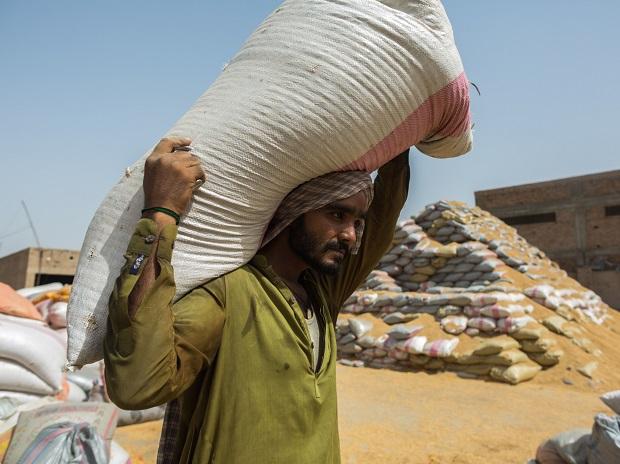Businesses need to be prepared for possibilities of a continued or higher inflation and deflation of commodity prices in next 2-3 years, Hindustan Unilever CEO and MD Sanjiv Mehta said on Tuesday.
The unprecedented inflation is not homegrown but has been caused by several global factors, including supply chain disruption due to the pandemic and Ukraine-Russia war, he said while speaking at the FICCI LEADS 2022 event here.
“It is very difficult to predict but I think where we have to be ready with is possible three scenarios in the world today,” Mehta said when asked about his thoughts on the possibility of inflation coming down in the near future.
One possibility is, he said, “the inflation or a slight deflation will continue at a moderated pace from the elevated base today. The second is it could go up even further and the third is there could be a deflation in commodity prices.”
“This is a horizon I’m looking at for the next two, three years and as businesses, we have to be ready for each of the three scenarios.”
Mehta said a big difference in the elevated levels of inflation this time is that earlier it used to be in one or two commodities but “this time, it has been across a range of commodities. That is the reason why it’s become a massive global issue”.
The wholesale price-based inflation had eased to 11-month low of 12.41 per cent in August, on softening in prices of manufactured and fuel products, even as food items remained expensive.
Although the WPI-based inflation declined for three consecutive months, it remained in double digit for 17 months beginning April last year.
The inflation was 13.93 per cent in July and 11.64 per cent in August last year. It had touched a record high of 15.88 per cent in May this year.
Global supply chain disruptions caused by COVID-19, the huge amount of fiscal spending, especially in many developed world, and the war in Ukraine and its impact on energy prices are the main reasons for high inflation, he added.
Mehta said every country is looking at energy security and an increase in production could have a dampening effect on inflation.
Besides, “if the war between Russia and Ukraine was to settle down, there could be an immediate impact on energy prices. Then it could result into, very clearly, an impact on other commodities and all and also come down”, he added.
(Only the headline and picture of this report may have been reworked by the Business Standard staff; the rest of the content is auto-generated from a syndicated feed.)
 Dear Reader,
Dear Reader,
Business Standard has always strived hard to provide up-to-date information and commentary on developments that are of interest to you and have wider political and economic implications for the country and the world. Your encouragement and constant feedback on how to improve our offering have only made our resolve and commitment to these ideals stronger. Even during these difficult times arising out of Covid-19, we continue to remain committed to keeping you informed and updated with credible news, authoritative views and incisive commentary on topical issues of relevance.
We, however, have a request.
As we battle the economic impact of the pandemic, we need your support even more, so that we can continue to offer you more quality content. Our subscription model has seen an encouraging response from many of you, who have subscribed to our online content. More subscription to our online content can only help us achieve the goals of offering you even better and more relevant content. We believe in free, fair and credible journalism. Your support through more subscriptions can help us practise the journalism to which we are committed.
Support quality journalism and subscribe to Business Standard.
Digital Editor



 Dear Reader,
Dear Reader,

GIPHY App Key not set. Please check settings